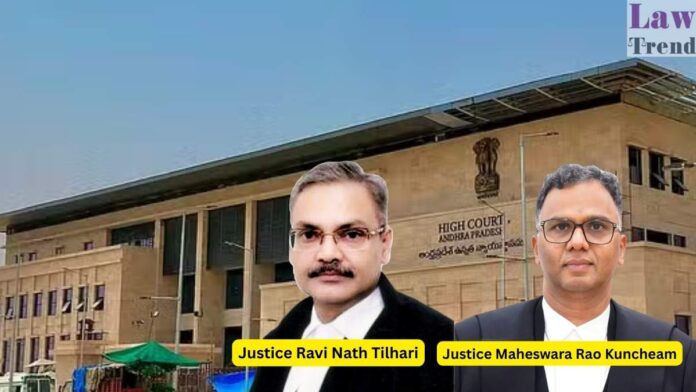The High Court of Andhra Pradesh, in a judgment pronounced on October 8, 2025, has held that a General Power of Attorney (GPA)-cum-Sale Agreement does not create any right, title, or interest in an immovable property that would allow a person to resist the execution of a decree for specific performance obtained by a party
To Read More Please Subscribe to VIP Membership for Unlimited Access to All the Articles, Download Available Copies of Judgments/Order, Acess to Central/State Bare Acts, Advertisement Free Content, Access to More than 4000 Legal Drafts( Readymade Editable Formats of Suits, Petitions, Writs, Legal Notices, Divorce Petitions, 138 Notices, Bail Applications etc.) in Hindi and English.




